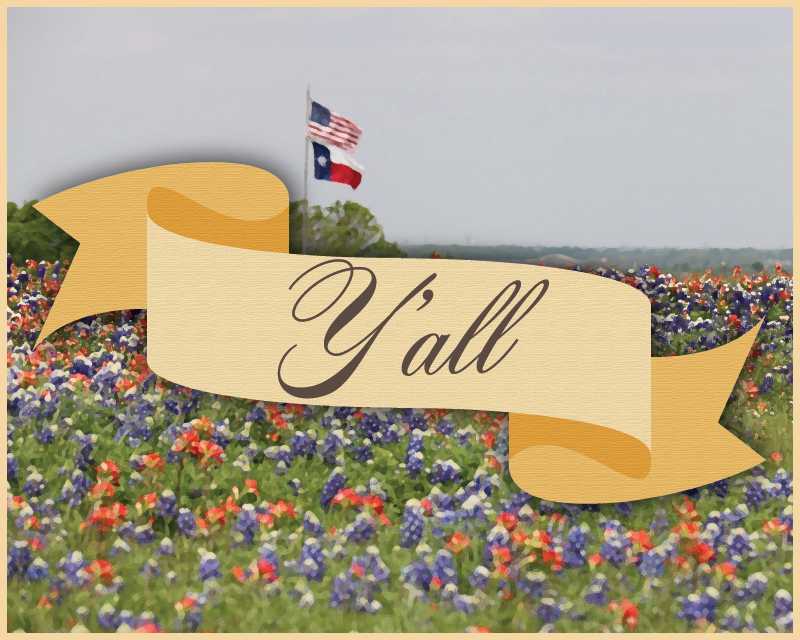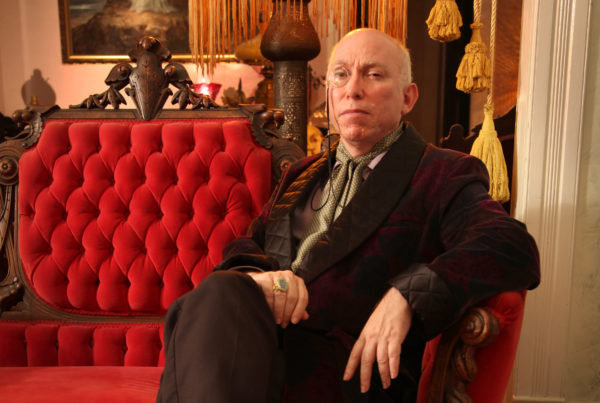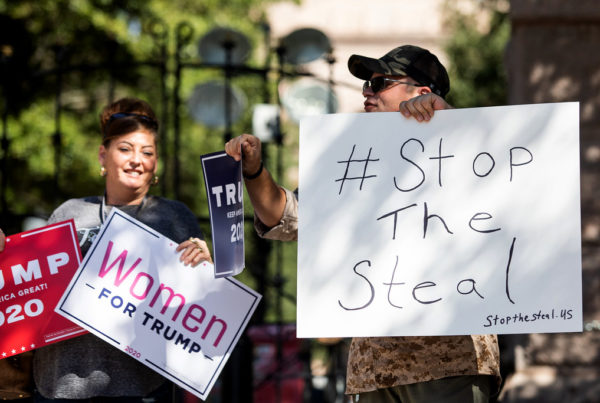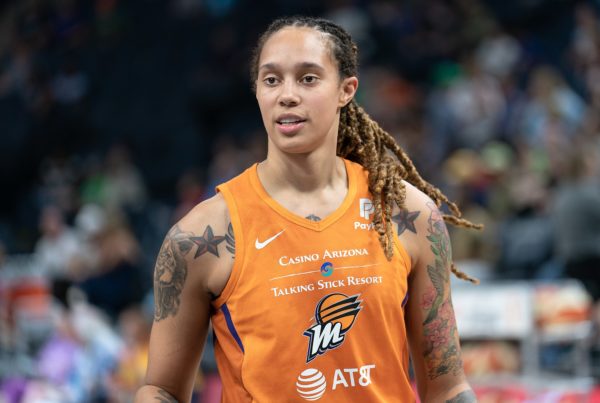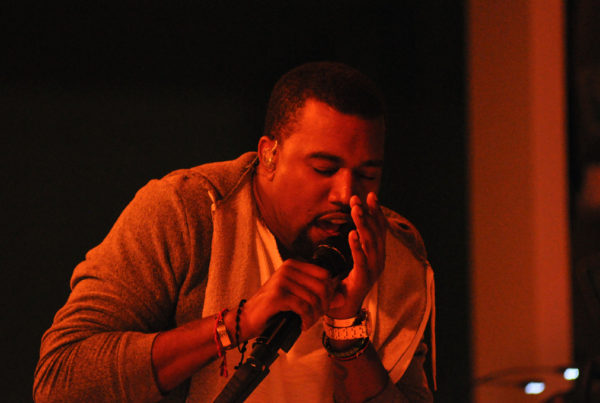People born and raised in the American South often have one very distinct feature of their speech: “y’all.”
The contraction of the words “you” and “all” helps fill a lexical gap in English – the second person plural – but it’s also seen as informal and, in some cases, improper English.
For many years, writer and critic Maud Newton was once somebody who avoided using the word “y’all” for fears of being seen as a “hick,” as she writes, but in recent years, she’s changed her mind.
In a recent piece for the New York Times, Newton reflects on the word “y’all” and how she’s come to embrace it for its origins and inclusivity. She joined the Texas Standard to talk about it. Listen to the story above or read the transcript below.
This transcript has been edited lightly for clarity:
Texas Standard: Now, you live in New York City these days, but I understand you have a rather personal relationship with the word “y’all.”
Maud Newton: I do. When I was a kid, my father punished me for saying “you guys” instead of “y’all.”
Why?
Well, I had been born in Dallas and we’d moved to Miami, and “you guys” was the default there. And he didn’t like that because I used it in reference to, for example, my sister and a friend of hers who was also a girl. So he really felt that “y’all” was the appropriate term.
Because “guys” was misgendering, I guess? And that was his way of thinking about it. But it’s interesting because in your story, you talk a lot about your father, who you describe as demanding the subservience of women and a defender of slavery and how he never liked you using that “you guys” because it was gendered. What made him care so much about, dare I say, inclusivity in the use of the word “y’all”?
Well, I don’t think that he would embrace the idea of inclusivity, but he was from the Mississippi Delta, and he was very invested in the Old South. And so on the one hand, I associated “y’all” with that sort of vibe. And then on the other hand, I associated it with delightful Texan-ness because my mom and my beloved granny were from Dallas.
So when you heard “y’all,” you associated it with your grandmother, but you, yourself, didn’t like to use it?
No, I didn’t. I mean, I really dreaded in Miami being told that I sounded like a hick and using “y’all” was a definitive way to have that happen.
Now, how did you come around to feeling the way that you do about this? I should mention the headline for your story in The New York Times magazine reads “Y’all: the most inclusive of all pronouns.” Bit of an irony, isn’t it? Coming as it does from a region of the U.S. not particularly known for its record on inclusivity?
Absolutely, there’s so much to say about this. But in short, a lot of my ideas about “y’all” were just flat wrong. So the term is not, as I had suspected, so much associated with a sort of white supremacist, plantation vibe necessarily. You know, it’s really unclear where the term comes from. And so it really is just a wonderful pronoun in that it really gathers everyone under its umbrella.
But something changed.
Yes, ironically, I sort of came around to my father’s point of view, but from a very different place. But I agree that “y’all” is a term that doesn’t indicate anything about anybody, but it gathers us all under the same umbrella.
I have a theory that a lot of folks who move away from the South sort of keep that in their back pocket and reconnect in some way to their own youth through the use of certain Southern idioms. Do you think there’s something to that or is there something special about the term, “y’all?”
I do think there’s something to that. I have a lot of friends in New York City who are from Texas originally and some of them never say “y’all” and have consciously eradicated it from their speech. And others of them have always continued to use it.
I’ve got a “y’all” story for you. I was in New York City recently myself, and an Uber driver who said he was from Côte d’Ivoire asked us, “where y’all from?” And it made me wonder “who does the word ‘y’all’ really belong to?” You know, maybe it’s much bigger than a lot of folks think it is.
My personal feeling about it is that it’s a term that really is available to anyone who finds a home in it.


